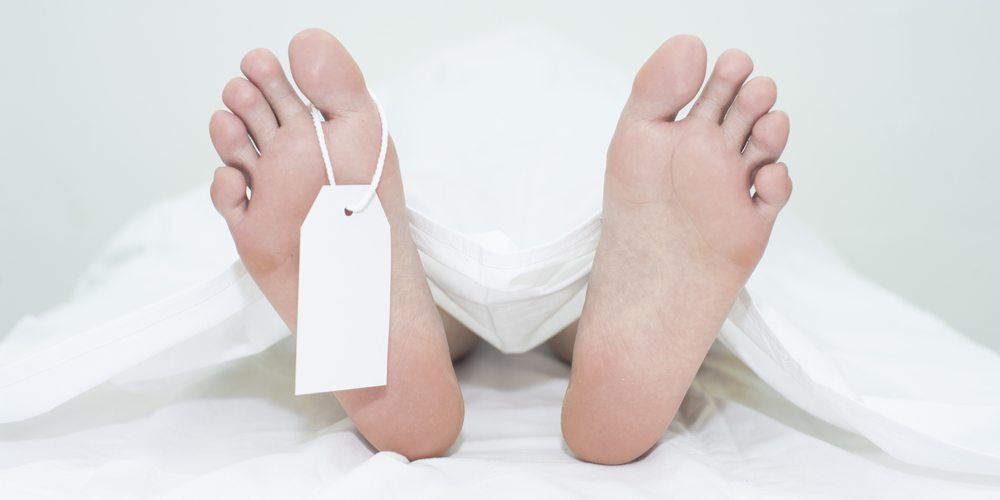Let’s deal with the elephant in the room straightaway.
Yes, this is an article about pensions and death; neither the most pleasant of topics. But, taken together, hugely important.
One of the myths about pensions, which probably stops some people making contributions, is that the money will be lost on death. That isn’t the case, although there’s no denying that the rules are complex. So, please bear with us for a few minutes, and read on, because you probably have a pension and, well, you know the old saying about death (and taxes).
Just to be clear, this article refers to Money Purchase pensions, which include:
- Personal Pensions
- Stakeholder Pensions
- Self-Invested Personal Pensions (SIPPs)
- Certain Occupational Pensions
- Flexi-Access Drawdown (FAD); often now used when people retire
We’ll deal with Final Salary and Defined Benefit pensions in a future article. However, if you have either of these and would like to know now what would be paid out should you die, please call us to discuss.
Exactly what is available, how it is paid, and the tax treatment, depends on your age at death and whether you have withdrawn (also known as crystallised) your pension.
Uncrystallised Pension (no money withdrawn)
If you die before age 75
Your beneficiary can:
- Take a tax-free lump sum up to the limit of the member’s Lifetime Allowance (currently £1 million) with any remainder subject to tax. This option is only available if the lump sum is taken within two years of the member’s death, any later and the whole lump sum is taxable
- Take a tax-free income using Flexi-Access Drawdown (FAD)
- Buy an Annuity with the pension pot, the income from which would be paid tax-free
If you die after age 75
Your beneficiary can:
- Take a lump sum, which is added to the beneficiary’s income and taxed at their marginal rate (20%, 40% or 45%)
- Take an income using Flexi-Access Drawdown (FAD) which will be taxed at the beneficiary’s marginal rate
- Buy an Annuity, which is again added to the beneficiary’s income and taxed at their marginal rate
Crystallised Pension (money withdrawn via Drawdown)
If you die before age 75
Your beneficiary can:
- Elect to take a tax-free lump sum within two years of the member’s death
- Take a tax-free income using Flexi-Access Drawdown (FAD)
- Buy an Annuity with the pension pot, the income from which would be paid tax-free
If you die after age 75
Your beneficiary can:
- Take a lump sum, which is added to the beneficiary’s income and taxed at their marginal rate (20%, 40% or 45%)
- Take an income using Flexi-Access Drawdown (FAD) which will be taxed at the beneficiary’s marginal rate
- Buy an Annuity, which is again added to the beneficiary’s income and taxed at their marginal rate
We told you it was complicated
And this is the simplified version!
The key things to remember are:
- Following changes to the rules, you are now able to leave your pension to whoever you like, irrespective of how old you are when you die
- No Inheritance Tax is payable on any pension assets you leave after your death
- If you die before the age of 75, your beneficiaries are unlikely to pay any tax, with the only exception being amounts from Uncrystallised pensions which are above the Lifetime Allowance of £1 million
- Furthermore, if you die before 75, your beneficiaries can elect to have a tax-free income from your pension, for the rest of their lives, irrespective of how much they earn. That is particularly attractive and probably more sensible than taking the lump sum, which when invested, may be subject to tax
- Death after 75 still means your beneficiaries can ‘inherit’ your pension, but they will pay tax on either the lump sum, or the income
More complexity, but more flexibility
The rule changes we saw in 2015 and 2016 certainly introduced more complexity to pension death benefits. The payoff though, is the ability for you to pass on your pension pot, no matter how old you are, to your beneficiaries, who, in turn, have flexibility in whether they take a lump sum or income.
The new rules, coupled with Pension Freedoms, has led to increased interest in pensions and is certainly one of the reasons behind the increase in Final Salary and Defined Benefit transfers.
Questions or queries?
If you would like to know more about what happens to your pension when you die. Or would like to discuss what happens to your Final Salary pension when you die, we’d love to hear from you.
Call us on 0113 262 1242 or complete our online enquiry form by clicking here.






